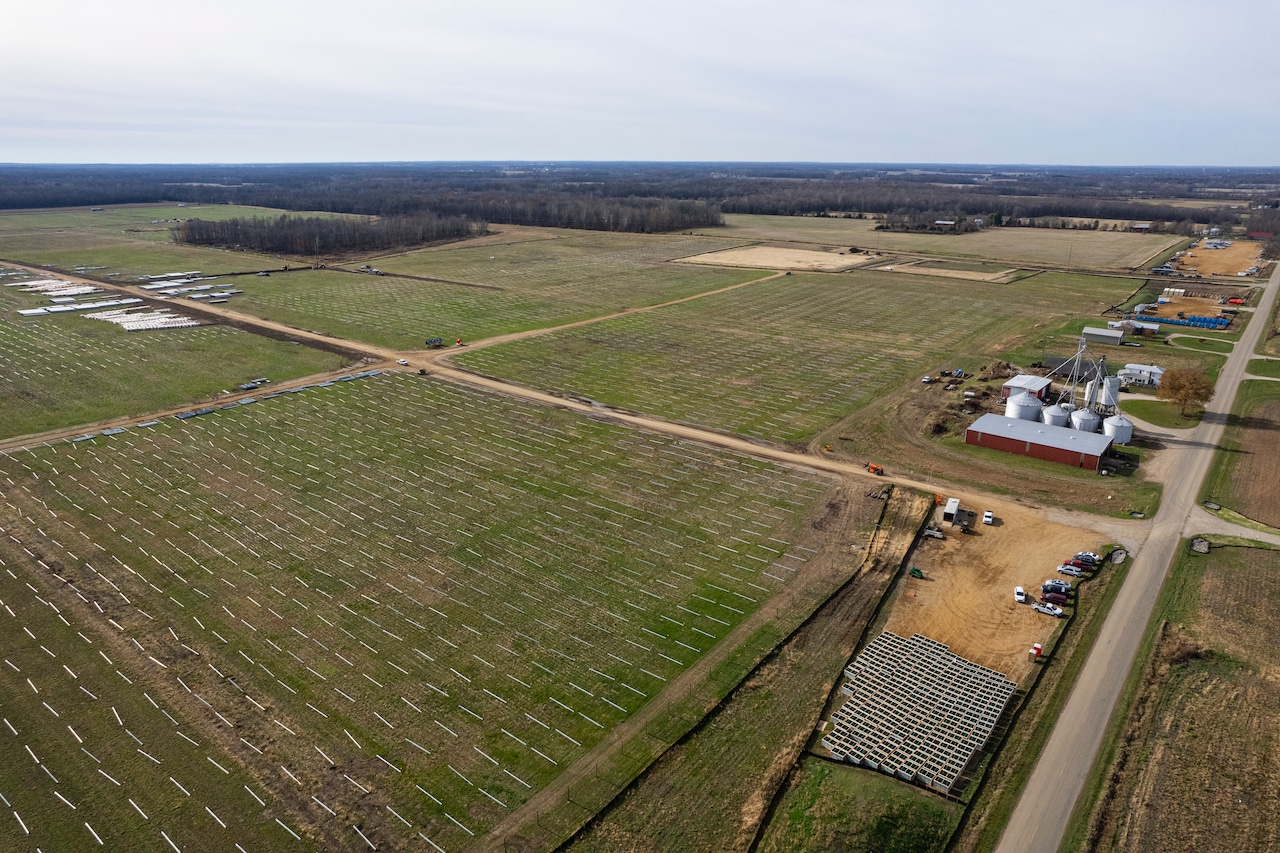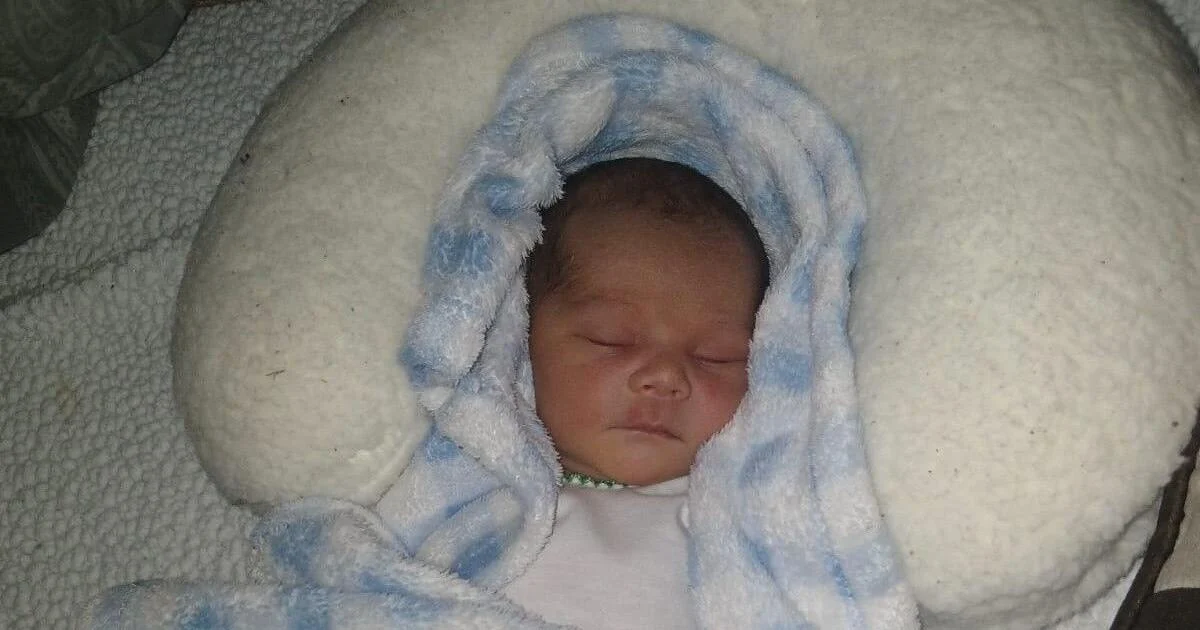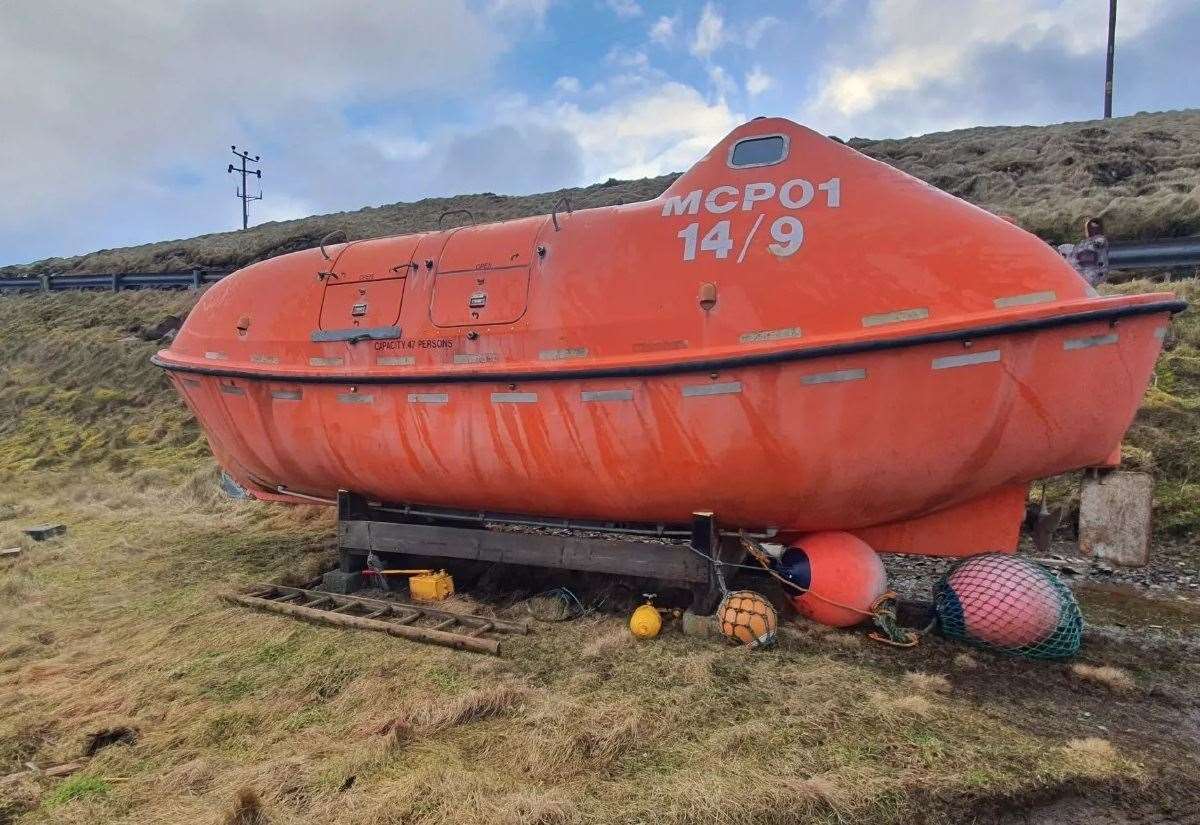Copyright M Live Michigan

EAST LANSING, Mich. – Researchers at Michigan State University will study the effects on soil health, groundwater, and ecosystems of installing solar panels among farmlands. A five-year, $3.6 million grant from the National Science Foundation will support a project by MSU scientists to build a first-of-its-kind outdoor lab to study how solar panels placed alongside crops might save water, improve soil health and support ecosystems. The idea is to show how this method could keep farms producing agricultural commodities and perhaps even boost revenues for farmers. Anthony Kendall, assistant professor of MSU’s earth and environmental sciences department, said the experiments and learning that will happen at the new lab are crucial as solar energy becomes more widely used worldwide. “This lab will help us teach farmers how they can harness energy from the sun to stabilize their income and ensure that they can keep producing crops for generations to come,” Kendall said in a statement. He and a team of interdisciplinary researchers will study existing solar farms for 18 months to learn how the panels affect the soil and ecosystems around them. Eventually, the scientists will build a small array of 30 solar panels near corn and soybean fields on 15 acres at the W.K. Kellogg Biological Station in Hickory Corners. The goal is to better understand ways to repurpose portions of agricultural fields that may be underproducing crops, swapping to solar energy in those places instead. The outdoor lab is expected to demonstrate what this method could look like in Michigan’s farmlands. Related: 1st solar panels installed in University of Michigan’s $71M sustainability plan Kendall, whose background is in hydrology, will study how solar panels affect groundwater and subsequently impact soil moisture. Other researchers will study the impact of solar panels on the ecosystem, remote sensing technology in fields, and how native plants can be grown within solar fields to benefit pollinator species. They also want to understand the needs of farmers and communities to have this type of science-based data for their own planning – and then provide that information. Adam Zwickle, MSU associate professor, said the land-grant university is perfectly suited to play this role. “Our mission is to be of use to the state, to work for the public good and be a trusted source of information,” he said.



